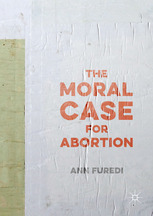In one critical segment of healthcare—population services—India failed women almost completely.
Rashme Sehgal
21 Aug 2020
The fate of 30-year old Neelam, who died in the eight month of pregnancy because of lack of proper medical facilities sums up the fate of a large number of women during the COVID-19 pandemic. Despite being in her final trimester and unwell, she failed to get admitted in even one of eight hospitals whose doors her family knocked at in NOIDA, Uttar Pradesh.
Her husband and brother took the unwell woman to eight hospitals in one day but were refused admission, allegedly on grounds that each of them was already overburdened with patients.
Continued: https://www.newsclick.in/How-India's-Healthcare-System-Treated-Women-During-Pandemic

